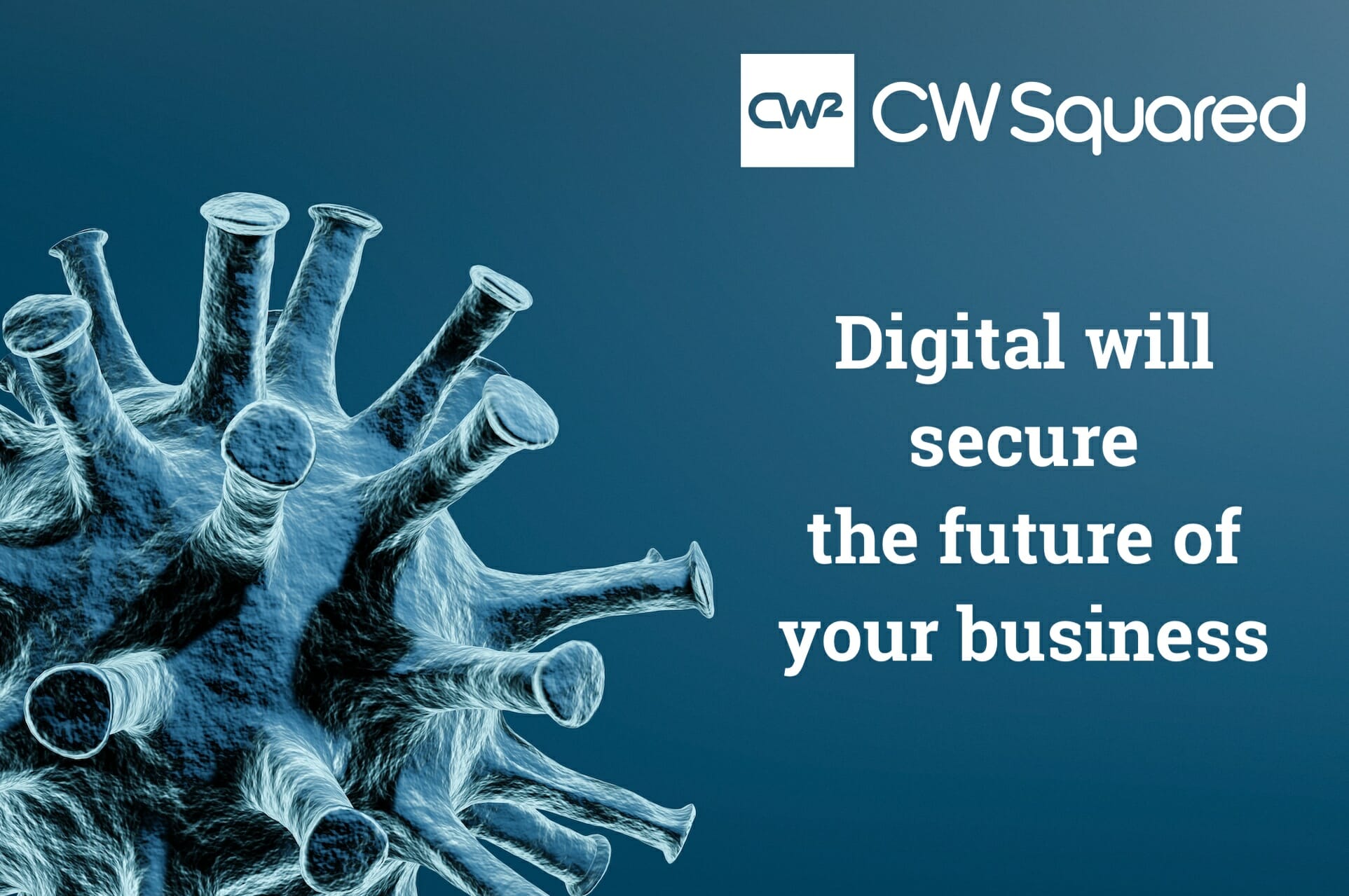The coronavirus (COVID-19) presents many challenges for private, mid-market and family businesses, across all industries and geographies. Focus has had to immediately shift from activities around growth, branding, business improvement and digitalisation, to the urgent steps needed to ensure business continuity and resilience.
While this shift is understandable, the opportunity now is to not only to continue to focus on business continuity, but in parallel – work on what the future business model needs to look like to ensure they remain competitive on the other side of COVID-19.
Updated IMF forecasts provide an insight into the level of disruption that businesses will be facing, and has put a spotlight on the gaps in operations and technical investments. It is now important for businesses to start thinking more strategically about technology and digital capabilities, and investing in uplifting their operating models as an imperative rather than a ‘nice to have’.
A time to reassess and make sustainable changes
While it is tempting to put your efforts to improve and digitise your business on the backburner, now is not the time to slow down. The experiences of COVID-19 will have longstanding impacts on the way customers want to interact with businesses and procure services. Today’s customers were already better informed, better connected and more demanding than ever before, and COVID-19 has just magnified this.
Organisations will need to reshape their business models to respond to changing consumer needs. Consideration will need to be given to how each aspect of the organisation, from customer experience and sales to supply chain and back offices, will need to interact seamlessly and collaborate to address the customer expectations of the future, and how technology can be leveraged to enable new ways of working, including:
- Customer – What does the competitor landscape look like in the post COVID-19 environment? What lasting changes to customer expectations and behaviours will we see? How will you know your customers and engage with them differently in the future, and how will your brand respond accordingly? How will you optimise your future channels?
- Procurement and supply chain – How do you reduce the risks associated with your supply chain? How do you optimise and automate supply chain processes, eliminating manual effort? How do you ensure visibility and management of your supply chain to reduce business risk?
- Back office – How do you reduce manual effort in your back office functions? How do you ensure consistent data is available throughout the business to provide the right insight for decision making? How do you reduce costs, while delivering these processes as efficiently and effectively as possible?
This means (as difficult as that may seem) starting, continuing or accelerating the focus on, and investment in, customer, operations and technology transformation to ensure businesses are equipped with the capabilities and tools to enable efficient, effective and, more importantly, impactful new ways of working.
While very much at the frontline of the challenges being presented by COVID-19, private, mid-market and family businesses are also well placed to make significant improvements in these areas quickly. They have more flexibility and agility to make decisions, and mature tools and technologies have never before been so accessible to this market. This provides a unique opportunity to leapfrog to the level of change and improvement that can be achieved. However, critically these changes need to be considered not as siloed components, but as interdependent and integrated components.
Key principles for digital transformation
The changes needed are strategic and will have long lasting impacts. They need to be done with some key underlying principles, as illustrated below, many of which may be new considerations for some organisations:
- Cloud – as the preferred choice to remove the dependencies of physical data centres, but also provide a secure platform, accessible anywhere, anytime.
- Anything-as-a-Service – buying ‘as-a-service’ is no longer limited to just technology services, but extends to activities, processes and functions that can be provided as-a-service. Identify which parts of your organisation are critical for you to operate internally and which parts qualify to outsource or buy as-a-service. These decisions will provide focus for your investments in talent and innovation.
- Rapid automation – Small and medium businesses tend to rely on manual processes and tasks. Some of these tasks are repetitive, for example overtyping the customer information from a website form record to a CRM system, or extracting project information to create a month end report or updating payroll information manually. Automating repeatable tasks can provide significant benefits to your organisation. It can also allow you to repurpose your workforce efforts to more valuable tasks, when done in conjunction with broader technology investment priorities.
- Agile operating models – The operating models that will enable sustainable organisations in the future will be the ones that can accommodate for changes in services, products, channels, geographies and locations among others, but also for integrating new businesses or for separating parts of the organisation. More importantly, operating models must be fit for purpose, and different relevant operations scenarios must be tested to ensure they are future-proof.
In addressing the changes required the key principles need to be examined across the entire organisation, all enabled by the appropriate investment in technology.
If there is one thing that COVID-19 has demonstrated very clearly is that investment in digital technology is not a luxury. Technology is not only critical to operate during these times, but it requires significant focus and attention post COVID-19 if organisations are to remain competitive and resilient in the ‘new normal’.
This is not the time to slow down digital transformation efforts, it’s the time to prepare for a sustainable future. CW Squared are the proven experts who can assist you at any stage of your digital business planning. Ensuring your doors stay open over this challenging period. Contact [email protected] or call directly on 020 3995 4445.






